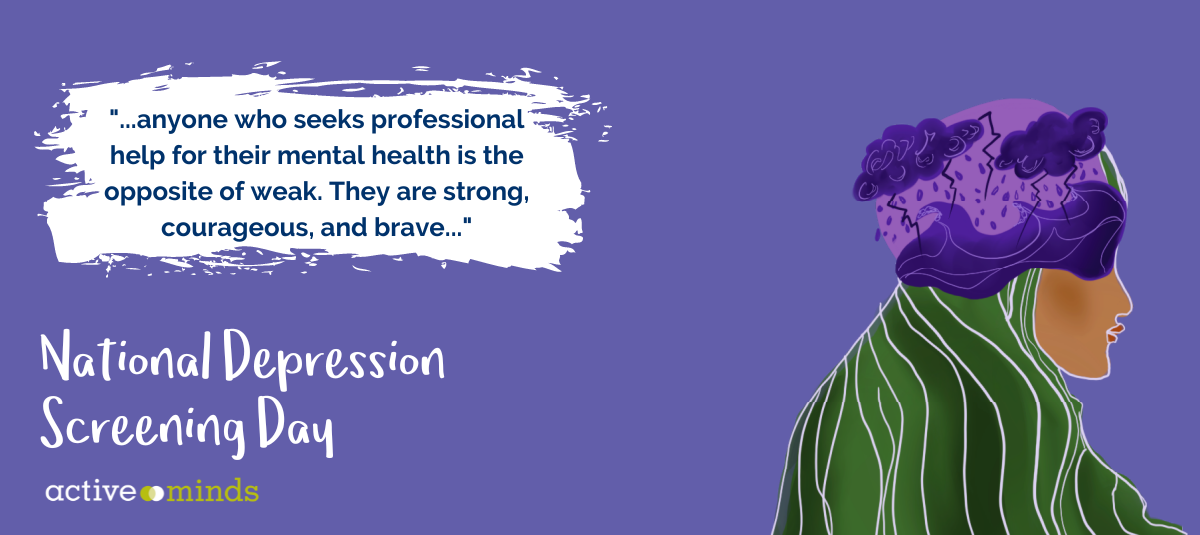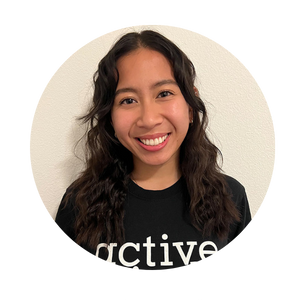As a 17-year-old high school student, I never understood why all my peers were seemingly so happy and filled with joy whenever they came to school, but I wasn’t. While my classmates were going out to football games with their friends, I stayed home and analyzed what was wrong with me. “Why can’t I make friends? Why did I always feel sad? Why was I even alive at this point in my life?” All these questions lingered in my head until my guidance counselor referred me to therapy, where I got a professional anxiety and depression diagnosis that impacted the rest of my mental health journey.
For the first time in my life, I was sitting in front of a therapist, a mental health professional. As I sat with sweaty palms and shared my entire life story with her, I felt the jitteriness of my anxiety exit my body. And she did nothing but listen. For the first time in my life, I had someone who didn’t feel the need to interject or fill the space with comments but instead lent their listening ear to me.
After answering all the questions she posed of me, my therapist diagnosed me with depression and anxiety. At this moment, I thought my life was over. Coming from a traditional Asian immigrant household, I was scared of what people would think about me if they found out about my mental illnesses. However, my therapist reassured me that my mental illness does not define me. Afterward, we established goals for me to achieve by the end of my time with her. For example, one of these goals entails that I socialize with my peers at least three times a week instead of isolating myself. I achieved this goal, and by the end of my time in therapy, I had a support system that was rooting for my happiness.
After my first professional diagnosis, I continued to go back to therapy through my school’s counseling services whenever it felt right. Before I started therapy, I viewed those seeking help as weak, as if they weren’t strong enough to save themselves. But the truth of the matter is that anyone who seeks professional help for their mental health is the opposite of weak. They are strong, courageous, and brave because they are overcoming the hardest step of improving their mental health: being vulnerable and confessing that they need help. Now, I feel empowered whenever I seek therapy, and I know it can make you feel empowered too.
If you’re a student, or you know one who is searching for a professional diagnosis for depression or another mental illness, I encourage you to connect with your school’s counseling or psychological services to schedule an appointment with them. In addition, there are free online depression screening tests that are anonymous and confidential. Besides advocating for yourself and your loved ones, it’s important to be educated on mental illnesses. For instance, Active Minds curated an informative page describing signs and symptoms, tips for self-care, and ways to support your loved ones who struggle with their mental health.
I want to leave you with a quote that has stuck with me throughout my mental health journey and depression diagnosis, and I hope it helps you too:
“I hope you know you’re capable and brave and significant, even when it feels like you’re not.” -Unknown




